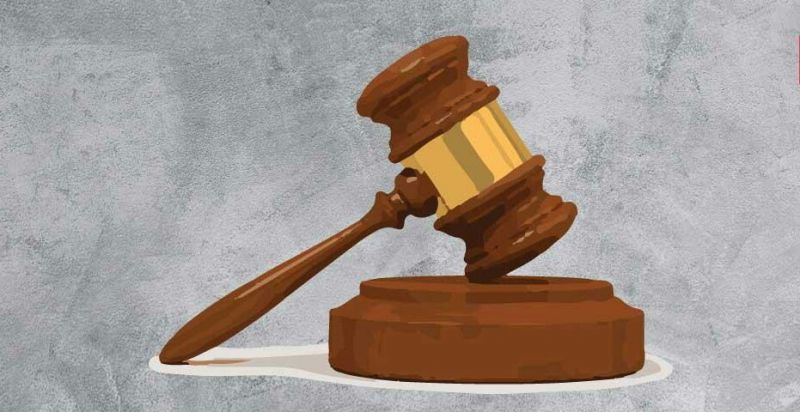- United States and Bangladesh Launch Money Laundering Bench Book |
- 6 BD peacekeepers killed, 8 hurt in attack on Sudan UN Base |
- Burglary at Hadi’s village home in Jhalokathi |
- Martyred Intellectuals Day on Sunday |
- Campaign from Jan to rein in overuse of antibiotics: Adviser |
Placing holy Quran at Mandop: one gets 16 months in prison

Court decision
A Dhaka tribunal today sentenced Mohammad Iqbal Hossain to 16 months’ imprisonment in a case filed for placing the Holy Quran at the Nanua Dighir Par Puja Mandap of Cumilla on October 13, 2021 and hurting people’s religious sentiments.
Judge AM Zulfiker Hayet of Dhaka Cyber Tribunal handed down the sentence in Iqbal’s presence. Earlier, the accused admitted his offence, said Public Prosecutor Nazrul Islam Shamim of the court.
Iqbal is the prime accused in the case filed in this connection under the Digital Security Act with Gazipur’s Tongi Purba Police Station.
Centering the incident, four temples and seven mandaps in Cumilla city were vandalized and set on fire on the same day, injuring at least 30 people.
One of those injured died while undergoing treatment at a hospital. Apart from this, there were incidents of vandalism of idols and explosion of crude bombs at Sadar South, Debidwar, and Daudkandi areas of the district.
The tribunal today also directed the jail authorities to release Iqbal from custody if he is not wanted in any other case as he has already remained behind bars for 16 months.
The complainant and four others gave their depositions in the court.
Earlier on August 16 last year, Md Rokon Miah, another accused in the case over the Cumilla incident, was given one-year imprisonment following his confession in the court.
Iqbal was arrested from Cox’s Bazar Sugandhya point on October 21, 2021.
On October 18, 2021, Sub-Inspector Rajib Hossain of Gazipur’s Tongi Purba Police Station filed the case against Rokon Miah and Iqbal under the Digital Security Act. - Special Correspondent

